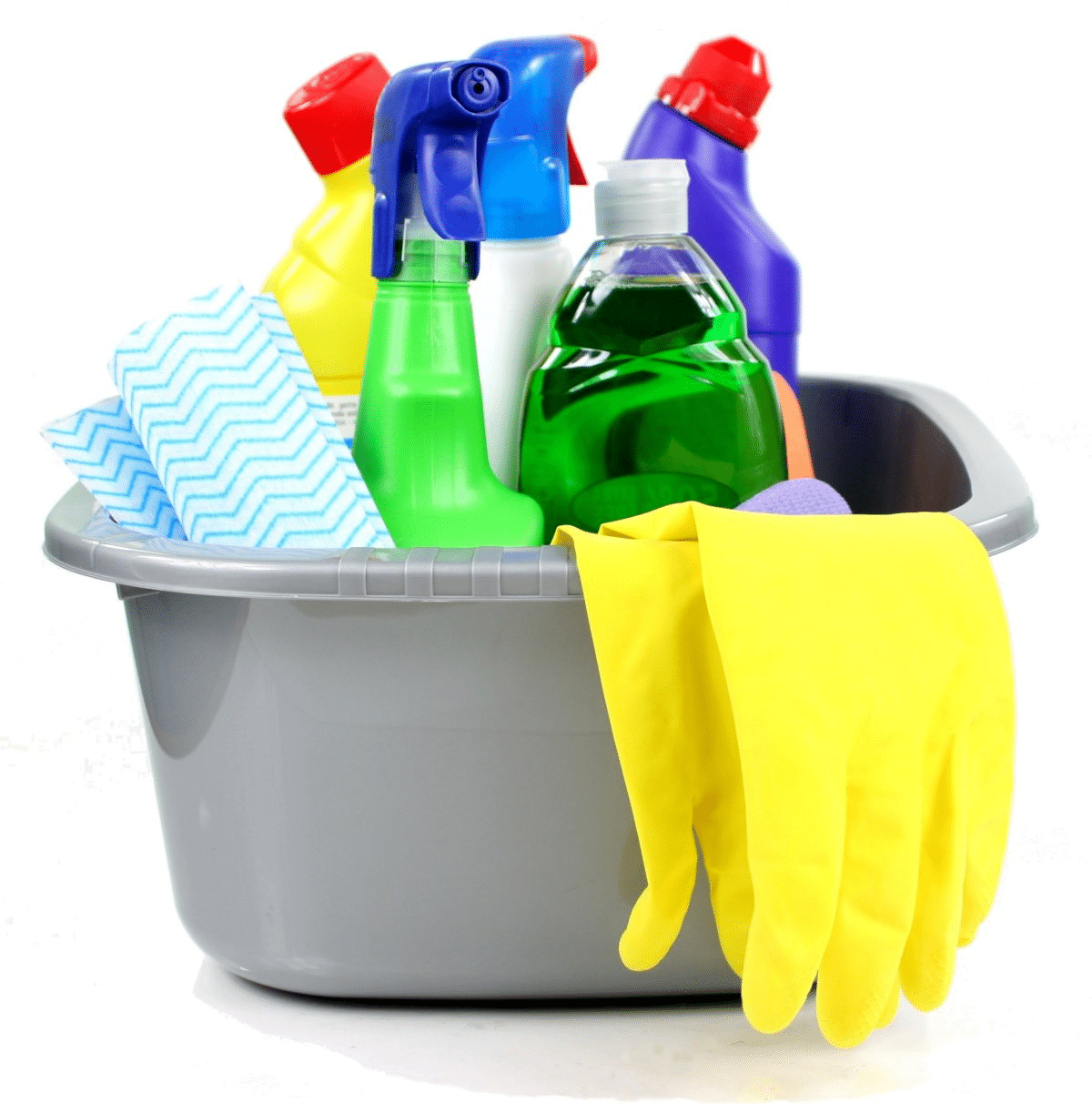6.11 – Domácí povinnosti
Here are some verbs used to talk about cleaning:
|
imperfective |
perfective |
|
|
uklízet (-í-) |
uklidit (-í-) |
to clean |
|
mýt (myj-; -e-) nádobí in some dialects – umývat |
umýt (umyj-; -e-) nádobí |
to wash the dishes |
|
dávat nádobí do myčky |
dát nádobí do myčky |
to load the dishwasher |
|
vyndávat nádobí z myčky |
vyndat nádobí z myčky |
to unload the dishwasher |
|
prát (-e-; per-) prádlo |
vyprat (-e-; vyper-) prádlo |
to do laundry |
|
vynášet (-í-) odpadky |
vynést (vynes-;-e-) odpadky |
to take out the trash |
|
vytírat podlahu |
vytřít (-e-; vytř-) podlahu |
to mop the floor |
|
utírat prach |
utřít (-e-; utř-) prach |
to dust |
|
vysávat |
vysát |
to vacuum |
|
luxovat[1] |
vyluxovat |
to vacuum |
|
žehlit |
vyžehlit |
to iron |
What you are seeing here is just a brief preview of what we will be learning in the next unit. Perfective verbs focus more on the completion of an activity than imperfective verbs. Imperfective verbs focus more on the activity itself (up till now, we’ve mostly been using imperfective verbs without knowing anything about such a distinction).
For now, don’t worry too much about the verbs in the perfective column beyond recognizing them, we will learn these in 7.4.
Image used in this document comes from this source.
[1] the verb luxovat is from the brand name Elektrolux (https://cs.wikipedia.org/wiki/Electrolux). Such situations, where a brand name is used as a generic word, are pretty common in English, such as Xerox, kleenex, band-aid, and numerous others.
